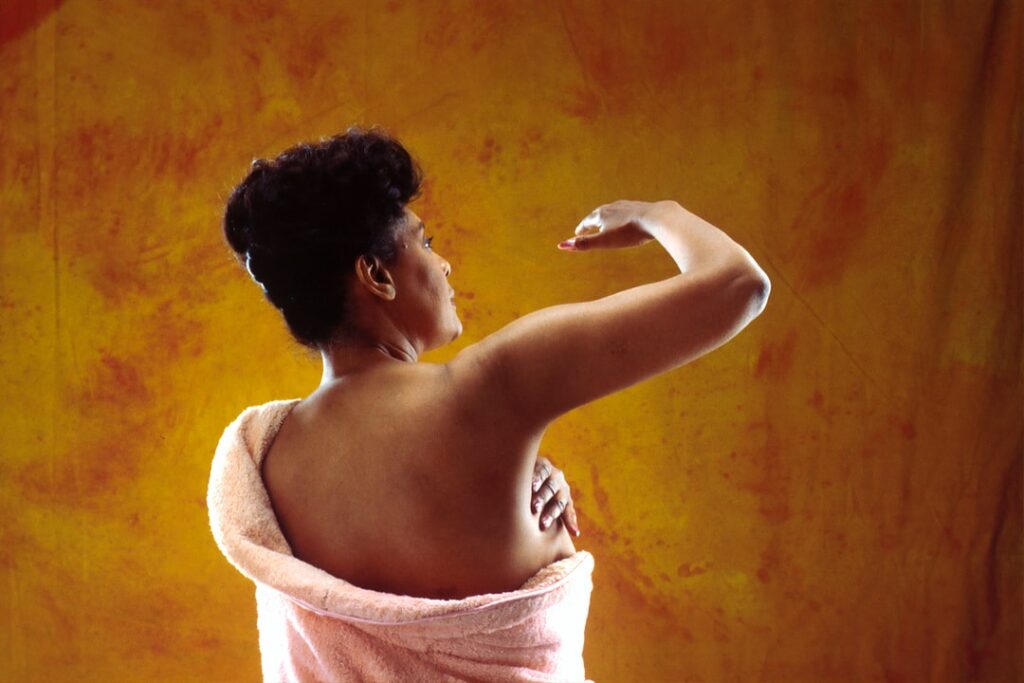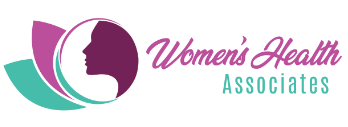
Nearly 32 percent of women over the age of 50 have had a hysterectomy. Whether that procedure was by choice or necessity, there’s no denying that having a hysterectomy comes with a number of side effects. These include everything from hormonal changes to early menopause.
What about breast changes after hysterectomy surgery, though? If you’ve recently had a hysterectomy and are concerned about the changes your body is going through, then you’ve come to the right spot. Read on to learn about the impact your recent surgery can have on your breasts.
Hormonal Changes
Poll any group of women who’ve recently had a hysterectomy and they’ll tell you that breast pain (mastalgia) is one of the biggest side effects of the surgery. Hormonal changes cause a flux of estrogen and progesterone. As a result, your breasts retain excess fluid, causing them to be swollen and tender.
It’s not unusual for breast tenderness and pain to have an impact on your ability to sleep or exercise. The severity of breast changes depends on the nature of your hysterectomy.
For example, if your surgeon left one or both ovaries, then you may experience the same cyclical breast pain you had with your period. If your surgeon did not leave your ovaries, and you’re on hormone replacement therapy, then some breast pain is normal, and it should fade over time.
If you’re concerned about the impact of your breast pain, ask your OB-GYN about it at your next appointment.
Easing Your Hysterectomy Side Effects
There are some home remedies to mitigate the side effects of mastalgia after having a hysterectomy. First, choose a bra that provides good support. It’s normal for your breasts to change size and shape over time, so having a professional fitting can help you find the perfect one.
You can also try warm or cold compresses on your breasts. Both are beneficial, but some women prefer one over the other. If warm compresses help, consider self-massage while in the shower or bath to improve circulation.
When to Worry
While a lot of breast pain post-hysterectomy is benign, there are some changes you absolutely should not ignore because they could be early signs of breast cancer. If you’re experiencing nipple discharge, rashes, or new lumps, then it’s important to schedule an appointment with your physician right away.
Remember, women over 40, and especially women with a family history of breast cancer are at higher risk for a diagnosis. Be sure to schedule regular mammograms to ensure that you’re safe.
Are You Worried About Breast Changes After Hysterectomy Surgery?
If you’re dealing with breast changes after hysterectomy surgery, chances are they’re benign and a normal part of your body’s adjustment. Don’t brush off major changes or signs of things like breast cancer. If you’re concerned about your breast health, then it’s time to book an appointment with your women’s health provider.
Regular health screenings are the best way to ensure a healthy and long life. If you’re in need of a caring and knowledgeable physician, contact Women’s Health Associates, today!

